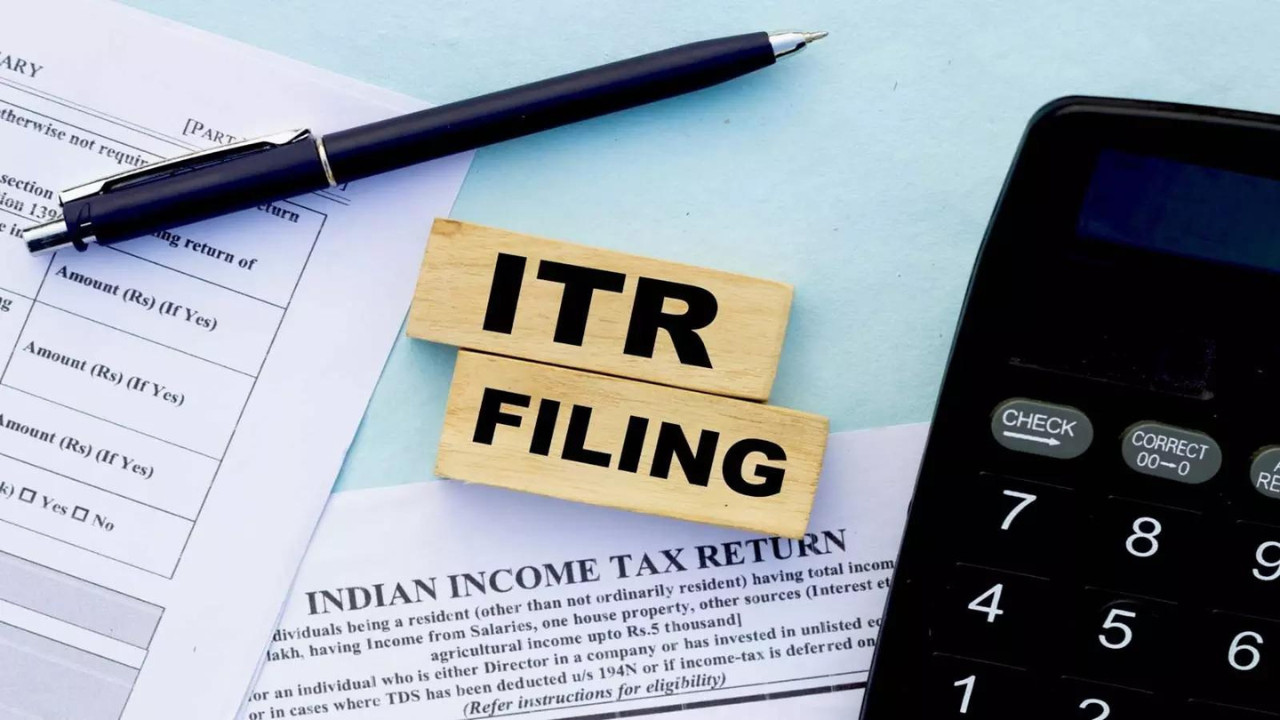Facing EU sanctions, Nayara Energy is utilizing dark-fleet tankers and limiting crude import options to maintain operations, raising concerns for India’s energy security. The government has authorized coastal tankers and approved sanctioned vessels to assist Nayara. The refiner, crucial to India’s market, now relies on Russian oil and special mechanisms to circumvent sanctions, ensuring stable supply despite geopolitical challenges.
Keeping India’s Fuel Flowing: How Nayara Energy is Navigating Choppy Waters
The global energy landscape is a constantly shifting puzzle, and right now, India’s Nayara Energy is piecing together a particularly complex corner. With European Union sanctions tightening around Russian oil, and the rise of the so-called “dark fleet,” keeping the country’s fuel supply steady requires some serious maneuvering. It’s a high-stakes game, and Nayara is playing it strategically.
India’s reliance on imported oil is no secret. It fuels everything from bustling city streets to vital agricultural sectors. Disruption to that supply could have significant economic repercussions. That’s why the government is taking a proactive stance, ensuring companies like Nayara Energy can continue to operate effectively, even amidst geopolitical turbulence.
So, how exactly is Nayara navigating these challenges? The answer lies in a combination of shrewd business practices, diversification of supply chains, and a little bit of “dark fleet” wrangling.
The Rise of the Dark Fleet and Navigating Sanctions
The term “dark fleet” refers to a network of tankers operating outside the traditional shipping insurance and regulatory frameworks. These vessels often transport Russian oil, providing a crucial lifeline for Moscow in the face of Western sanctions. While the ethics and safety of this fleet are hotly debated, their existence is undeniable, and they are playing a significant role in reshaping global oil flows.

For Nayara Energy, accessing oil transported by these tankers presents a complex dilemma. Compliance with international sanctions is paramount, but so is ensuring a stable and affordable fuel supply for India. The company appears to be walking a tightrope, meticulously vetting its suppliers and shipments to avoid falling foul of regulations while still tapping into available resources. This delicate balancing act requires constant monitoring of sanctions updates and a deep understanding of the intricacies of the global oil market.
Government Intervention: Securing India’s Energy Future
The Indian government isn’t standing on the sidelines. It’s actively engaged in ensuring the country’s energy security. This involves diplomatic efforts to secure oil supplies from diverse sources, as well as providing support to domestic companies like Nayara. The government’s involvement signals the strategic importance of a reliable fuel supply to the nation’s economic well-being. This includes proactively addressing challenges posed by sanctions and working to mitigate potential disruptions. The steps taken clearly highlight the priority assigned to securing the nation’s energy needs.
Furthermore, India’s engagement with Russia regarding oil imports remains a critical factor. While Western nations are scaling back, India continues to purchase Russian crude, albeit with careful consideration of pricing and potential geopolitical ramifications. This engagement underscores India’s independent foreign policy and its commitment to prioritizing its own national interests.
Beyond Russian Oil: Diversifying the Energy Portfolio
While the “dark fleet” and Russian oil have captured headlines, Nayara Energy isn’t solely reliant on these sources. A key strategy for long-term energy security is diversification. This means exploring alternative suppliers and investing in renewable energy sources. Although transitioning away from fossil fuels is a long-term goal, in the short term, finding reliable sources of crude oil remains essential.
Nayara is actively seeking partnerships with oil producers in other regions, including the Middle East and Africa. By spreading its supply base, the company can reduce its vulnerability to disruptions in any single region. This proactive approach enhances the resilience of India’s energy infrastructure and contributes to a more stable and predictable fuel market. You can read more about India’s broader energy strategy and renewable goals on our other blog posts here.
Looking Ahead: The Future of Nayara Energy and India’s Fuel Supply
The story of Nayara Energy and its efforts to navigate the current geopolitical landscape is a microcosm of the broader challenges facing the global energy market. As sanctions continue to evolve and the “dark fleet” remains a factor, companies and governments alike will need to adapt and innovate.
Nayara’s success will depend on its ability to maintain a delicate balance between compliance, diversification, and strategic partnerships. The Indian government’s support will be crucial in ensuring that the company can continue to play its vital role in keeping the nation fueled. This continuous adaptation is critical to maintaining a stable and affordable fuel supply for India’s growing economy. The energy sector is ever-changing, and Nayara Energy must remain adaptable and innovative to succeed.







